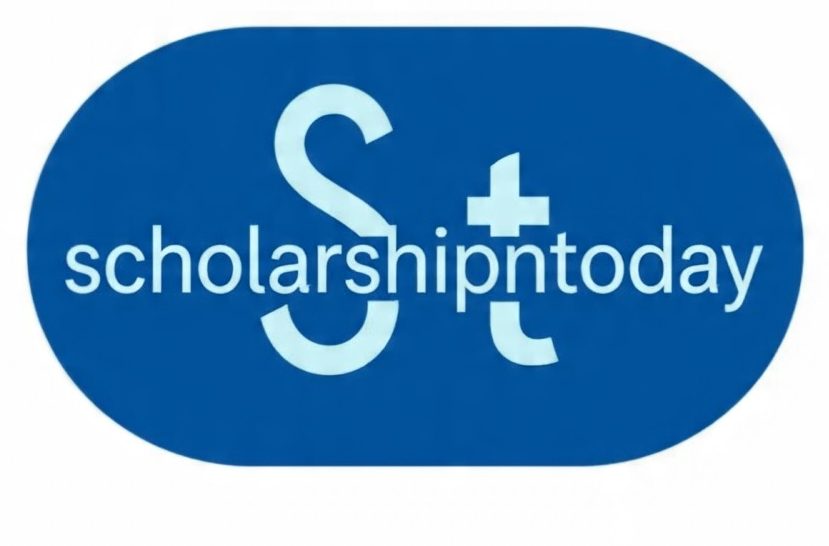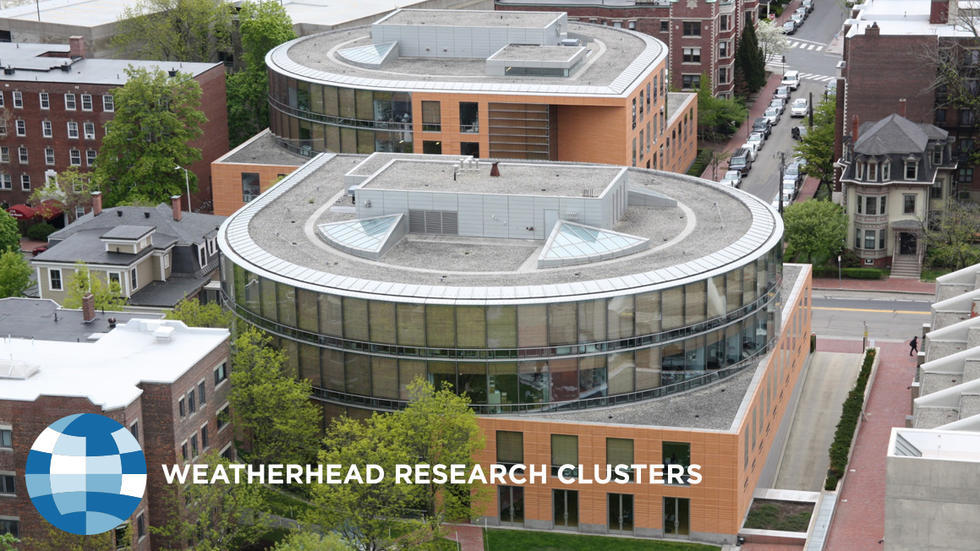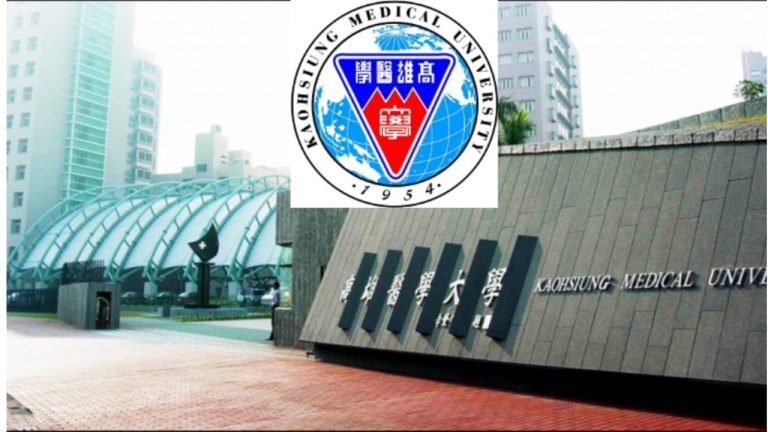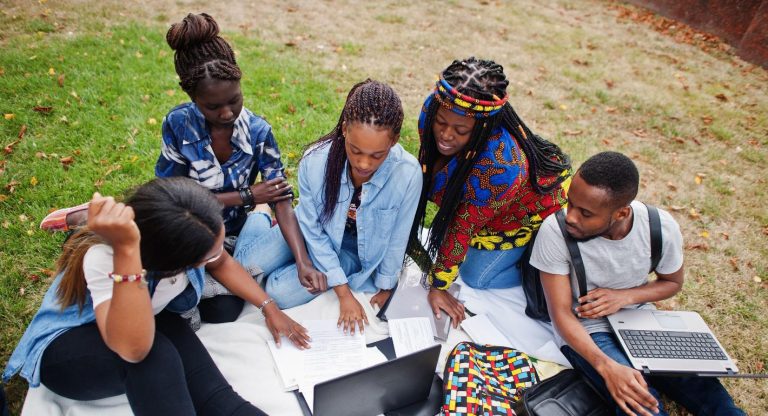USA Harvard University Weatherhead Scholarship 2026 — Full Guide, Eligibility & How to Apply
Introduction
The Weatherhead Scholars Program at Harvard University’s Weatherhead Center for International Affairs (WCFIA) is one of the most prestigious residential fellowship programs in international and comparative social science. Each year the program invites a carefully selected cohort of postdoctoral fellows, visiting (faculty) scholars, and practitioner fellows to spend an academic year in Cambridge, MA, pursuing research, engaging with Harvard’s intellectual community, and contributing to interdisciplinary conversations about global issues. If you are planning to apply in 2025–2026 for the academic year 2026–2027, this guide explains everything you need to know—eligibility, benefits, deadlines, application strategy, sample documents, and useful links.
What is the Weatherhead Scholars Program?
The Weatherhead Scholars Program (WSP) is administered by the Weatherhead Center for International Affairs (WCFIA) at Harvard University. The program brings together scholars and experienced practitioners who work on international, comparative, transnational, or global topics across the social sciences (political science, economics, sociology, history, anthropology, environmental studies, etc.). Affiliates in the program participate in seminars, workshops, and collaborative research while enjoying access to Harvard’s libraries, offices, and academic networks. The WSP routinely hosts a small cohort of fellows and affiliates to ensure an intellectually intimate and interdisciplinary environment.
Who can apply? (Eligibility categories)
The Weatherhead Scholars Program accepts applications in three main categories. While each category has specific requirements, all applicants must propose research or practice projects that align with the WCFIA’s focus on international and comparative issues.
-
Postdoctoral Fellows
-
Typically for early-career scholars who have completed a PhD within a few years of the fellowship start date.
-
Expected to be actively engaged in research on international, comparative, or transnational themes.
-
Some postdoctoral positions are funded (salaried) and may include named fellowships with specific geographic or topical emphases. academicpositions.harvard.edu+1
-
-
Visiting Scholars (Faculty)
-
Intended for tenured or tenure-track faculty (or the international equivalent) with a sustained record of research.
-
These scholars usually secure their own salary or institutional support but receive affiliation benefits at Harvard (office space, library/IT access, seminars). Visiting scholars may be subject to an administrative fee. careers.historians.org
-
-
Practitioner Fellows
-
Designed for mid-career and senior professionals from government, diplomacy, NGOs, journalism, business, or military backgrounds.
-
Practitioners bring policy experience to scholarly conversations and pursue projects that bridge practice and research. There is typically an administrative fee for practitioner fellows unless local funding arrangements are made. SCHOLARSHIPNTODAY
-
Nationality: Applicants of all nationalities are eligible; the program seeks global diversity. RELATED SCHOLARSHIPS Typical benefits and what the fellowship covers
Benefits differ by category. Below are common features you can expect for the 2026 cohort:
-
Postdoctoral Fellows (funded): a competitive salary/stipend (often in the ballpark of a mid-five-figure to low-six-figure USD amount depending on the named fellowship), Harvard benefits (sometimes including health insurance), office space, and participation in seminars and mentorship networks. Example amounts reported for similar Harvard postdoc fellowships range in the $60,000–$75,000 per year band for residential postdocs; check the specific posting for current figures. Scholardigger+1
-
Visiting Scholars: affiliation benefits (office space, libraries, seminar participation) but typically no salary—visiting scholars either bring sabbatical pay or external funding. Administrative fees (e.g., $10,000 per year or $5,000 per semester) have been noted in WCFIA guidance for certain categories—verify the current fee schedule on the official pages. careers.historians.org
-
Practitioner Fellows: access to Harvard resources and networks; practitioner fellows may pay an administrative fee (the program has previously listed fees such as $25,000 per year for individual practitioner fellows unless otherwise sponsored). Scholars Program+1
All fellows benefit from Harvard’s libraries, participation in Weatherhead seminars, networking with faculty and visiting scholars, and exposure to interdisciplinary debates in international affairs. WCFIA
Deadlines and application windows (2025–2026 cycle)
Deadlines can vary by category and by year. For the 2026–2027 academic year, recent public information (from WCFIA and affiliated postings) indicates the following deadlines for application submission:
-
Postdoctoral Fellows & Visiting Scholars: application windows often close around October 15, 2025 for the 2026–2027 cycle (confirm the exact date on the official ARIeS posting). careers.historians.org+1
-
Practitioner Fellows: deadlines have historically been later (e.g., February 15, 2026) for practitioner fellowship applications. Scholars Program
Important: Harvard uses the ARIeS online application system for many fellowship categories—always check the official Weatherhead Scholars Program and WCFIA pages for the authoritative deadline and application instructions before preparing your submission.
How to apply — step-by-step
-
Read the official postings carefully. Start by reviewing the Weatherhead Scholars Program pages and the specific fellowship posting for your category (postdoc, visiting, or practitioner). Bookmark the ARIeS application link. WCFIA+1
-
Prepare a clear research or practice proposal.
-
Postdocs: a 2–4 page research statement that explains your research question, methods, and why a year at Weatherhead will advance the project. Highlight interdisciplinarity and relevance to global or comparative issues.
-
Practitioners: a concise project plan that translates professional insight into researchable outputs (policy briefs, case studies, reflective analyses).
-
Visiting faculty: emphasize the contribution your residency will make to your ongoing research, and how you will engage with Weatherhead seminars.
-
-
CV / resume. Keep it up to date and tailored to emphasize publications, policy impact, teaching, funded research, and language skills (if relevant).
-
Letters of recommendation (where required). Identify recommenders who can speak to your scholarly promise or professional impact. Some ARIeS submissions require 2–3 letters.
-
Submit supporting materials. This may include a writing sample (published article, chapter, or policy brief), proof of funding (for visiting scholars), and any required institutional endorsements.
-
Complete the ARIeS application and track confirmation. After submission, ensure you receive a confirmation email and note any follow-up dates for interviews or additional documents. Scholars Program+1
Tips to make your application stand out
-
Align with WCFIA themes and seminars. Read the Weatherhead Center’s recent events and working group descriptions—tailor your proposal to highlight connections. Show how your work will contribute to the center’s intellectual life. Scholars Program
-
Be explicit about interdisciplinarity. Weatherhead prizes cross-disciplinary conversations. If your work draws on multiple methods or fields, explain that clearly.
-
Demonstrate the benefits of residency. Explain why being on campus at Harvard is essential to your project (access to archives, mentorship, networks, or a specific Harvard resource).
-
For practitioners — show research translation. Frame your project as producing outputs that bridge policy and scholarship (e.g., a policy brief, practitioner guide, or a dataset).
-
Request strong, specific recommendation letters. Encourage recommenders to comment on your research feasibility, clarity of purpose, and potential contribution to WCFIA.
-
Proofread and format professionally. Academic committees appreciate crisp, well-structured documents.
Sample timeline (for a Postdoctoral applicant)
-
June–August 2025: Scan WCFIA and ARIeS postings; identify deadlines; contact potential recommenders.
-
September 2025: Draft research statement and CV; request letters of recommendation.
-
Early October 2025: Finalize materials, upload to ARIeS, and submit by October 15, 2025 (if applicable). careers.historians.org
-
November–December 2025: Notification windows vary; prepare for potential interviews and follow-up requests.
-
Summer–Fall 2026: If accepted, coordinate visa, housing, and Harvard onboarding (arrival typically before or at the start of the academic year).
Frequently Asked Questions (FAQ)
Q: Is the Weatherhead Scholars Program the same as a “scholarship” for degree students?
A: No. The Weatherhead Scholars Program is a residential fellowship for postdoctoral researchers, visiting faculty, and practitioners—not an undergraduate or graduate scholarship. It supports non-degree research residencies and fellowships at Harvard. WCFIA
Q: What happens if I can’t cover the administrative fee (for visiting/practitioner fellows)?
A: Many institutions sponsor visiting faculty or practitioner fellows; check whether your home institution, ministry, or employer will sponsor you. In some cases, applicant home institutions or external funders may cover the administrative fee. Always ask the program director or administrator about fee waivers or institutional sponsorship options. careers.historians.org
Q: Are fellowships available for one semester only?
A: Yes—WCFIA occasionally offers semester-long options, though full-year residencies are often preferred. Check the posting for category-specific options. WCFIA
Q: Can I apply if I don’t have a PhD?
A: Postdoctoral and visiting scholar categories typically require a PhD (or equivalent). Practitioner fellowships often accept applicants with strong professional records and a bachelor’s degree or higher. Read the specific eligibility criteria on the official page. Scholars Program
Final checklist before you hit submit
-
Research statement: clear, 2–4 pages, with research question, methods, timeline, and relevance to WCFIA.
-
CV: updated, well-formatted, 2–4 pages depending on career stage.
-
Writing sample: 20–30 pages (article or chapter) or a succinct policy brief (for practitioners).
-
Letters of recommendation: requested early and tailored.
-
Institutional endorsements / proof of funding (if required).
-
ARIeS submission completed and confirmation email received.
Closing thoughts
The Weatherhead Scholars Program is a remarkable opportunity to join a world-class intellectual community at Harvard and to deepen work that speaks to global and comparative challenges. Whether you are an early-career researcher seeking a postdoctoral jumpstart, a faculty member wanting a focused sabbatical residency, or a practitioner aiming to reflect on practice and produce policy-relevant outputs, Weatherhead is an excellent place to refine ideas, expand networks, and produce high-impact scholarship. Start early, align your proposal to the center’s strengths, and use this guide and the direct links above to tailor a competitive application. WCFIA+1







